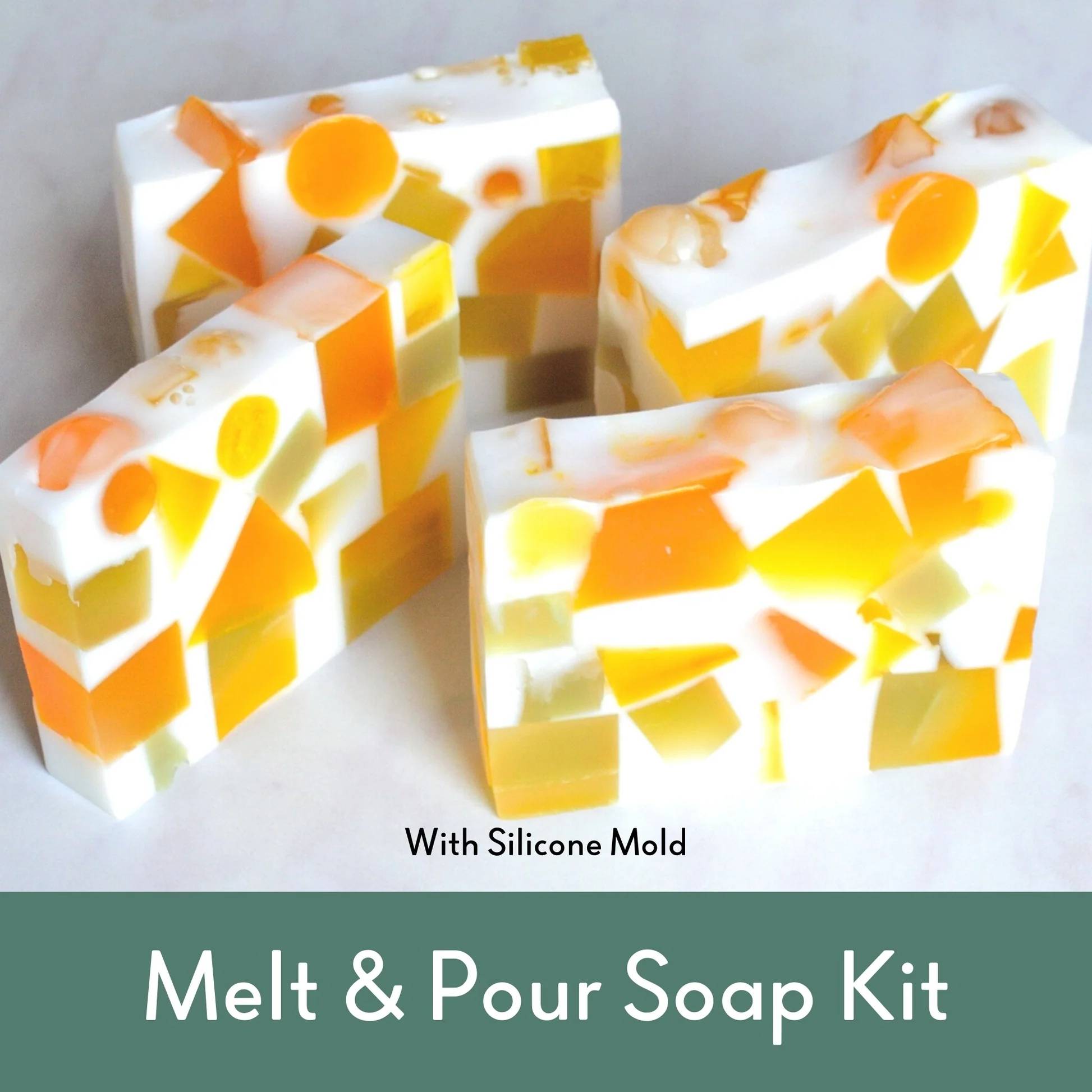Soap-making has evolved from a simple household task into a thriving creative hobby and even a lucrative small business. With the right guidance and tools, anyone can transform basic ingredients into fragrant, silky bars of soap that delight the senses. Choosing the right supplies and understanding techniques can elevate your creations from ordinary to extraordinary.
What Supplies Do I Need for Soap-Making?
Starting your soap-making adventure requires a few essential materials. At the core, you’ll need oils, lye, distilled water, and molds. Beyond these, adding colorants, exfoliants like oatmeal or coffee grounds, and moisturizing additives such as shea butter can amplify both appearance and skin benefits. Protective gear, including gloves and goggles, is crucial for safety when handling lye. For beginners, pre-measured kits simplify the process, eliminating guesswork and potential hazards.
Is Making Soap Profitable?
Turning your passion into profit is entirely feasible. Handmade soaps carry a premium appeal due to their artisanal nature and customizable scents. By targeting niche markets—organic, vegan, or luxury soaps—you can command higher prices. Successful sellers often distinguish themselves with unique packaging, signature fragrances, or limited edition collections. While initial investment in high-quality ingredients may be steep, the profit margins can reward dedication and creativity.
How Do I Start Making My Own Soap?
Embarking on soap-making begins with understanding the method you want to use. Start small: experiment with simple melt-and-pour techniques before venturing into more complex processes. Measure ingredients carefully, mix with precision, and pour into molds to set. Document each batch to refine scents, colors, and textures. As confidence grows, incorporate luxurious additives or create themed collections. The key is practice paired with curiosity, which transforms every batch into an opportunity for innovation.
What Are the Best Fragrances for Soap Making?
Choosing the right fragrance can transform soap from functional to enchanting. Citrus notes like bergamot, grapefruit, and lime invigorate, while lavender and chamomile soothe. Vanilla and sandalwood offer warmth, and herbs such as rosemary or mint can provide refreshing accents. Essential oils are preferred for organic and natural soap-making because they retain therapeutic properties while providing clean, lasting aromas.
What Is Cold Process for Soap Making?
The cold process method is a traditional technique where oils and lye solution combine at a controlled temperature to saponify slowly. This process allows you to manipulate textures, swirls, and layers, producing highly customized bars. Unlike melt-and-pour methods, cold process soaps benefit from a curing period, typically four to six weeks, which ensures hardness and longevity. Enthusiasts often favor this method for its creative possibilities and ability to incorporate luxury oils and butters.
Choosing the Best Organic Soap Making Kit
For those seeking purity and sustainability, an organic soap-making kit is invaluable. Look for kits with ethically sourced oils, natural colorants, and essential oils free from synthetic fragrances. Comprehensive kits include molds, spatulas, and step-by-step instructions to streamline the process. Whether gifting a friend or experimenting at home, a thoughtfully curated kit allows you to explore soap-making safely while embracing eco-friendly principles.
Soap-making offers endless opportunities to experiment, craft, and even sell your creations. With careful selection of supplies, understanding of methods, and a flair for unique fragrances, you can cultivate soap that is as artistic as it is functional. A quality soap making kit can be the first step in this aromatic, hands-on journey.
